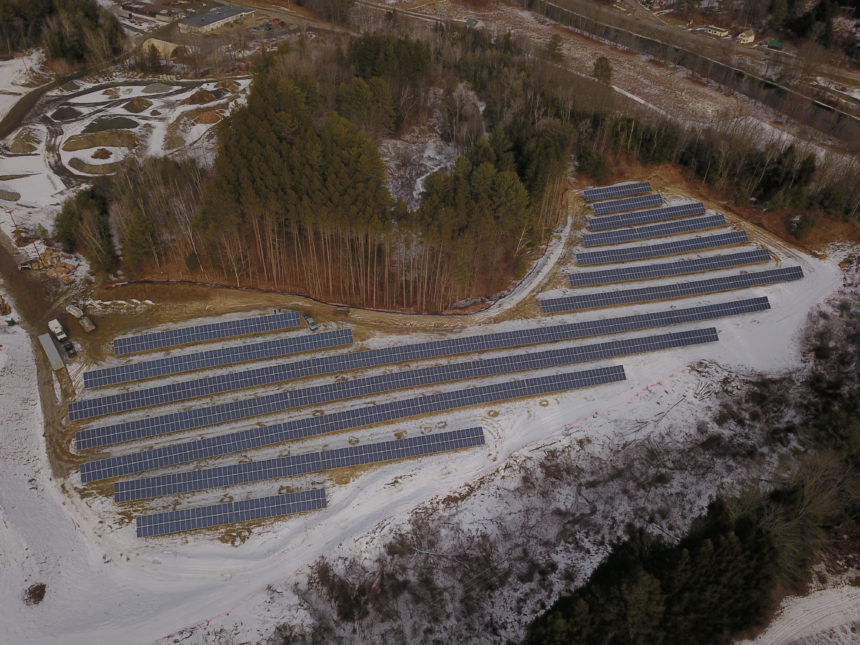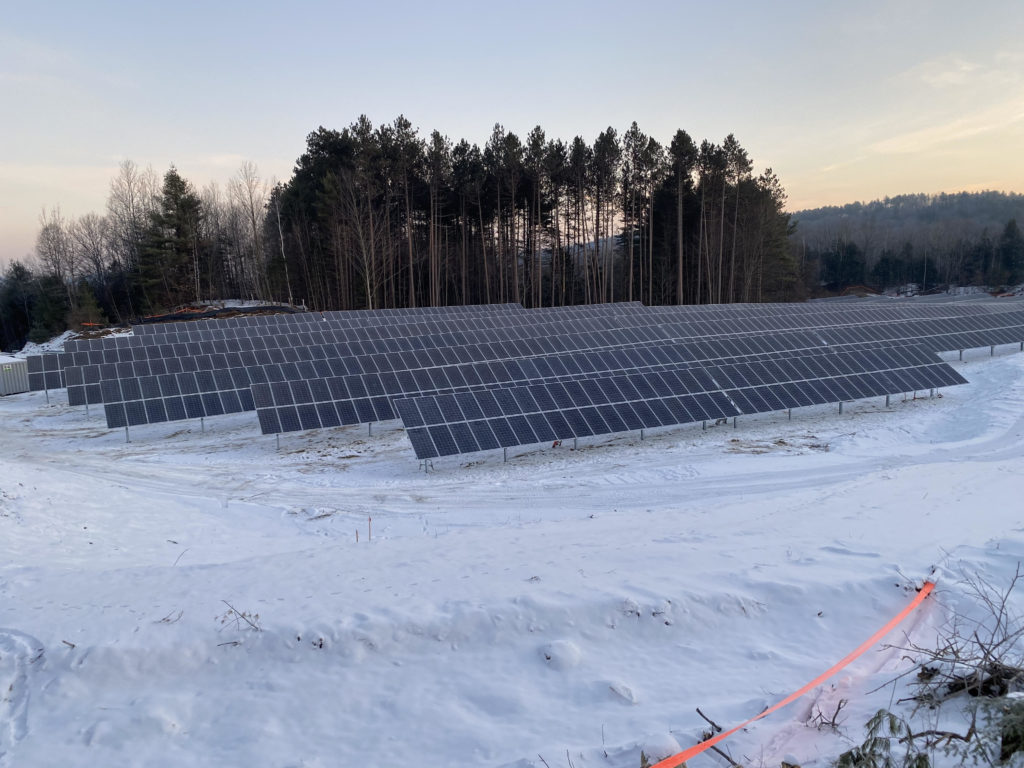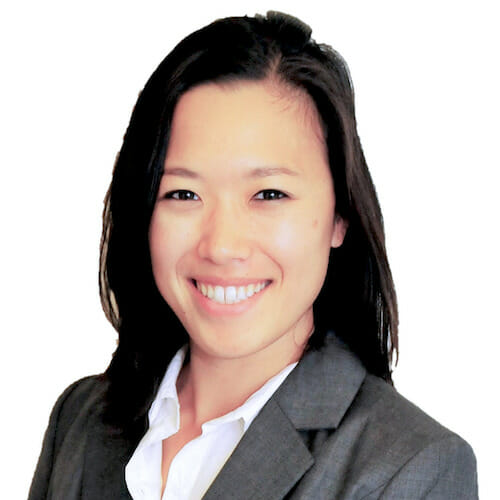
Whether it’s creating a solar farm, using green cleaning supplies or establishing a senior-level environmental safety position, senior living communities are doing their part to commit to a smaller carbon footprint in the name of resident health and safety.
Terrace Communities for Assisted Living and Memory Care in Vermont signed on for a solar farm in 2019 to offset electricity costs for its Woodstock Terrace in Woodstock, Valley Terrace in White River Junction, and Equinox Terrace in Manchester Center communities.

The Springfield, VT, solar farm — built by Norwich Solar Technologies — houses 2,200 solar panels and is expected to produce about 937,000 kilowatt hours of solar electricity a year. The solar farm, which went online Dec. 26, 2019, is expected to offset the communities’ carbon footprint by 638 metric tons — the equivalent of consuming 74,547 gallons of gasoline or charging 84 million smartphones.
The project saved the three Terrace locations a little more than $12,000 in 2020, with an expectation of saving up to $20,000 annually.
The effort was led by Terrace Communities owner Kate Heaton, a former in-house consultant for the Environmental Protection Agency’s climate division. She joined the family-owned and operated business in 2008, taking over the senior living company after her father passed away in 2012.
Heaton said that Norwich approached Woodstock Terrace about installing solar panels, and she opted to build the largest project available. Vermont has a solar power purchasing agreement that provides credits.
Heaton, who studied environmental science, said she noticed a rapid escalation of the effects of climate change in the past four to five years — glaciers are melting at twice the speed, temperatures continue to rise, and the world is on a path to warm the planet by 4 degrees Celsius by the end of the century, for instance.
Through the Paris Accord, countries have committed to keeping global warming to no more than 1.5 degrees Celsius by the end of the century, but Heaton said that doing so will require rapid and far-reaching transitions in how land, energy, industry, buildings and transportation are managed.
“We’re supposed to get to net zero carbon emissions by 2050. This is a very tall order,” she said. “I felt that I needed to take action in my own personal choices for my business.”
The Norwich deal allowed Heaton to address her concerns about climate change without putting any money into the project — Terrace Communities just had to commit to buying the power.
“It’s very low risk to us. Essentially, we were pretty well-guaranteed we’ll have a financial savings over power just purchased from the grid,” Heaton said. “The power costs could never be any higher than the cost of the electricity purchased through the grid. There was no reason not to do it.”
In addition to the solar farm project, Terrace Communities is composting and using non-toxic, environmentally friendly cleaners. Heaton said that the community also is exploring adopting a more plant-based approach to its dining offerings.
She said she would encourage operators in other states to get involved in these kinds of projects.
“We make our effort to do the right thing,” Heaton said. “Many communities can do the same if they’re willing and interested. The fact that they can save money if they get involved in solar power purchasing agreements is a plus.”
Kisco Senior Living

Carlsbad, CA-based Kisco Senior Living also is making environmental health a major focus of its business. The senior living provider announced a new director of environmental health and safety on its employee roster in February.
Mizuki Sato-Berkeland’s charge is to lead, inform and inspire Kisco’s effort in maintaining a safe environment for residents to live and employees to work. She will be responsible for designing and implementing environmental health and safety processes, providing leadership on health and safety issues, monitoring the latest data and science, and incorporating the information into Kisco’s policies, procedures and daily practices.
Sato-Berkeland previously worked in healthcare process and quality improvement at UCLA Health System and has a background in community outreach and emergency preparedness. Among the projects she is working on are increasing air filtration safety measures to improve ratings and communicating goals to associates across Kisco’s communities.
“I believe there is a unique opportunity to make data-driven decisions that will set Kisco apart from others within the industry,” she said. “I plan to continue the health and safety initiatives the company enhanced during the COVID-19 pandemic and bring new ideas to the table for a post-COVID world.”
The company launched the Kisco Clean initiative during the pandemic to try to ensure that top safety, cleaning and hygiene protocols were in place. Sato-Berkeland is building on the company’s existing protocols while also looking at new opportunities and investigating the latest protocols and technologies.
Ed Ward, Kisco vice president of operations, said that COVID-19 led to a realization of the need for leadership solely focused on environmental health and safety in senior living.
“Mizuki brings an outside perspective into an industry that is evolving,” Ward said. “We are always looking for ways to enhance the overall experience for residents and associates, and I know with her background in healthcare and public health she will assist in the development, implementation and continuous improvement of health and safety issues with everyone’s best interests in mind.”
Kisco Senior Living owns and operates 21 communities in California, North Carolina, Florida, Virginia, Utah and Hawaii.


